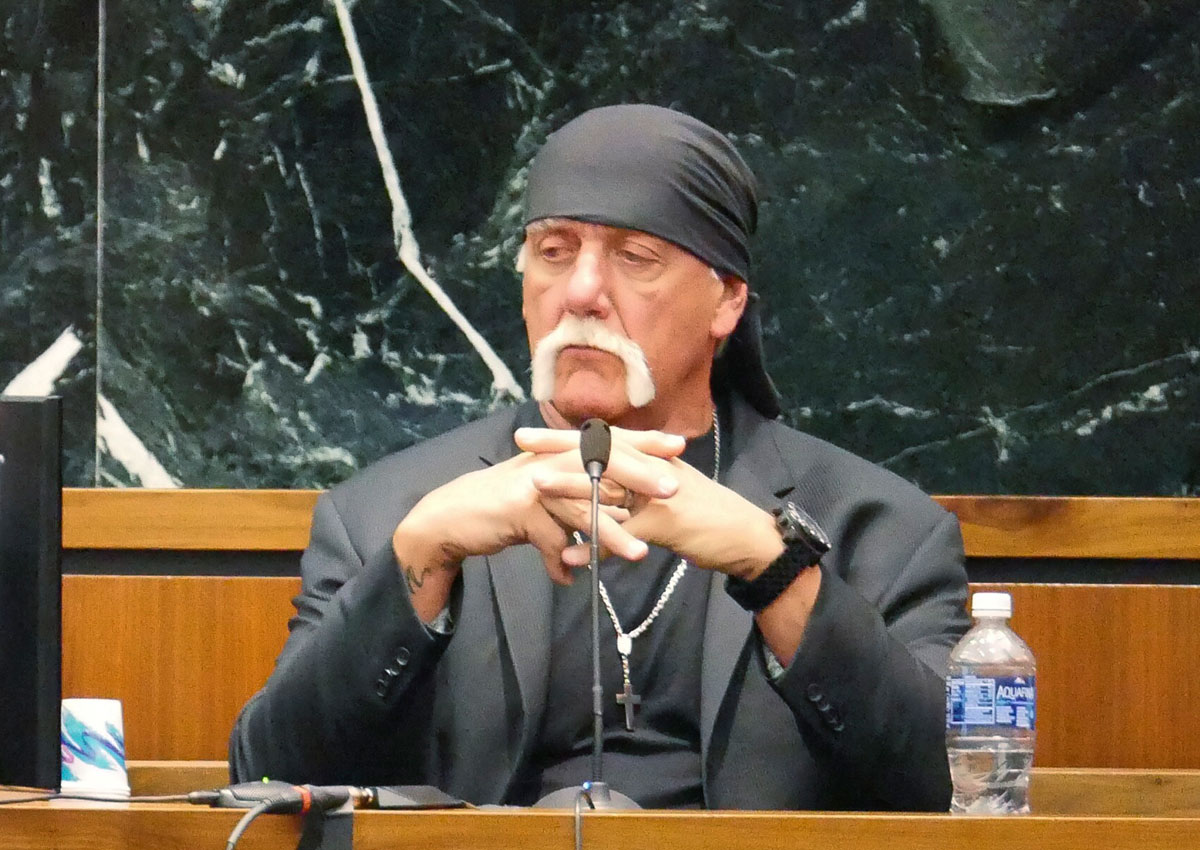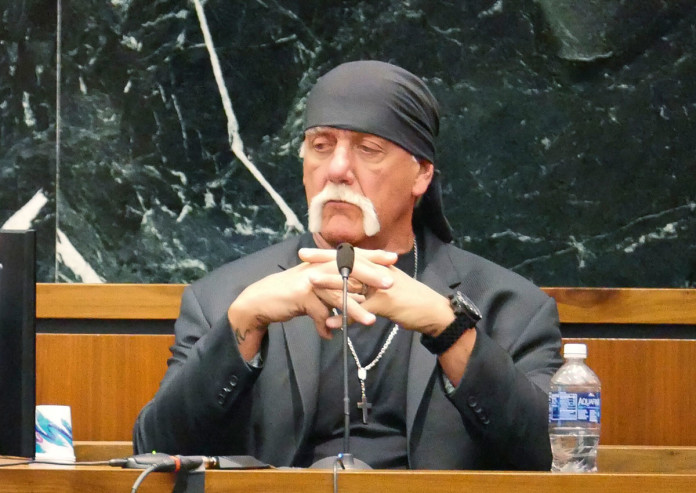ST. PETERSBURG, Florida – Celebrity wrestler Hulk Hogan’s privacy invasion suit against the Gawker website over a sex tape of him posted on the website will go to a Florida jury after closing arguments expected on Friday.
Six jurors will weigh a celebrity’s right to privacy in the Internet age against freedom of the press as protected under the First Amendment of the U.S. Constitution.
The former professional wrestler testified during a two-week civil trial that he still suffers from the humiliation of the video’s release in 2012 by the New York-based website known for gossip and media reporting.
Hogan, who is suing in state court in St. Petersburg, Florida, near his home, seeks US$100 million (S$135 million) in damages.
The edited one-minute, 41-second video showed the longtime star of World Wrestling Entertainment (WWE) having sex with the wife of his then-best friend, radio “shock jock” personality Bubba the Love Sponge.
Hogan, 62, whose real name is Terry Bollea, said he did not know he was being recorded when the consensual encounter was recorded about a decade ago in a bedroom inside Bubba’s home.
Gawker said the post reflected the outlet’s mission to cover true and interesting subjects, stressing how Hogan made his sex life a public matter through his many statements about it.
Gawker excerpted a sex tape that it obtained without knowing its exact origin. The editor involved said the post was intended as a commentary on celebrity sex tapes, with the video clip focused on bedside conversation and containing only nine seconds of sexual activity.
Neither side played the published video to the jury. It was entered as court evidence, so jurors may view it during deliberations.
Wearing a signature black bandana during his testimony, Hogan sought to distinguish his real-life persona from the bombastic wrestling character he said he portrayed with”artistic liberty.”
He said his celebrity did not eliminate his right to privacy in a bedroom of a trusted friend’s home.
The trial addressed topics ranging from celebrity nudity to journalism ethics and website analytics.
Gawker said it did not make money directly off the post, which it flagged as unfit for workplace viewing and ran without display advertisements.
Experts for Hogan said the company netted substantial gains from the traffic it generated.







